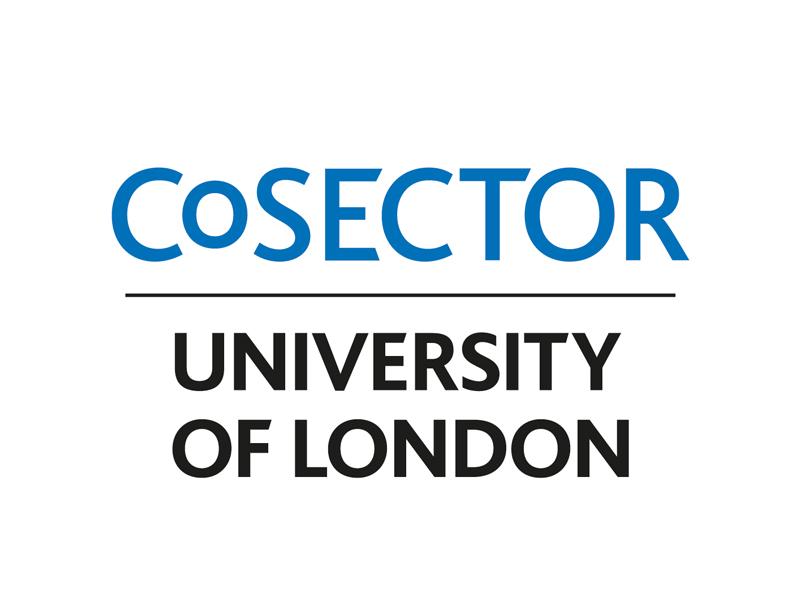
Rethinking digital provision: balancing financial constraints and the innovation imperative

Legacy technology and systems can throttle the capacity to innovate and evolve, especially in the current operating context within higher education. However, there is a way forward for the sector to modernise existing ecosystems without breaking the bank and drive innovation in the academic experience in response to the rapidly evolving expectations of students and staff.
THE sits down with three higher education leaders who navigate these decisions in their roles: Nick Mount, CEO of University of Nottingham Online, Monique Mackenzie, vice-principal of digital education, research and environment at the University of St. Andrews, and Mark Stubbs, assistant director of customer success at CoSector – University of London.
“We’re told technology will make life easier, but the experience for academic staff and students is that we see a transfer of labour to them,” says Mount. While digital tools are widely used to enhance different aspects of the academic journey, the potential of a joined-up, flexible approach in managing time and finances more effectively remains underexplored.
The lack of interoperability within institutions is another challenge that hinders them from benefiting fully from the technological revolution. Legacy technologies added over time, often through different vendors, cause “the tech stack to be like a house of cards”, says Mount.
System vendors often promise more than they can deliver or functionalities that are only accessible to a few highly tech-literate individuals. The skills needed to manage and use multiple platforms are often underestimated. “Some of these systems are expensive and they’re terrible to use,” says Mackenzie. “There’s a mismatch between what the vendors are offering and what the sector needs.”
Proper use of data is fundamental to harnessing the power of emerging technologies. New tools such as AI have the potential to revolutionise the student experience, but most universities are unable to provide the integrated data sets needed to achieve that, says Mount.
Mackenzie agrees: “You can only make good evidence-based decisions if we use data from all parts of your organisation. And you can only do that by having systems that talk to each other, with quality data feeds stored somewhere sensible where it can be queried by the right people.”
Choosing partners and solutions that prioritise interoperability is key to achieving innovation and scalability in the current higher education climate. New collaborations and solutions are emerging from within the sector itself. Part of the University of London, CoSector is a specialist provider of digital learning and research solutions. The organisation is pioneering an approach to digital transformation in higher education by leveraging the knowledge of sector experts to improve systems, reduce costs and provide better user experiences.
CoSector’s mission is to “get more out of edtech for less”, Stubbs says. The company is technology-agnostic, which means it is not tethered to a particular technology or vendor. “Understanding the ecosystem is important,” he says. “It’s a set of interconnected lifecycles – of curricula, students and assessments.” And that is why edtech providers that understand the inner workings of higher education can provide solutions that address the specific and evolving needs of universities.
One of the most important steps in addressing issues around interoperability and facilitating data flows is collaboration, says Stubbs. Recognising that many institutions share similar challenges, CoSector focuses on “co-creation of solutions to shared problems”, Stubbs says. “It’s about bringing people together to build a shared understanding of the problem and pulling together different parts of the institution to build a shared vision and unlock the data to drive it.”
Find out more about CoSector.

